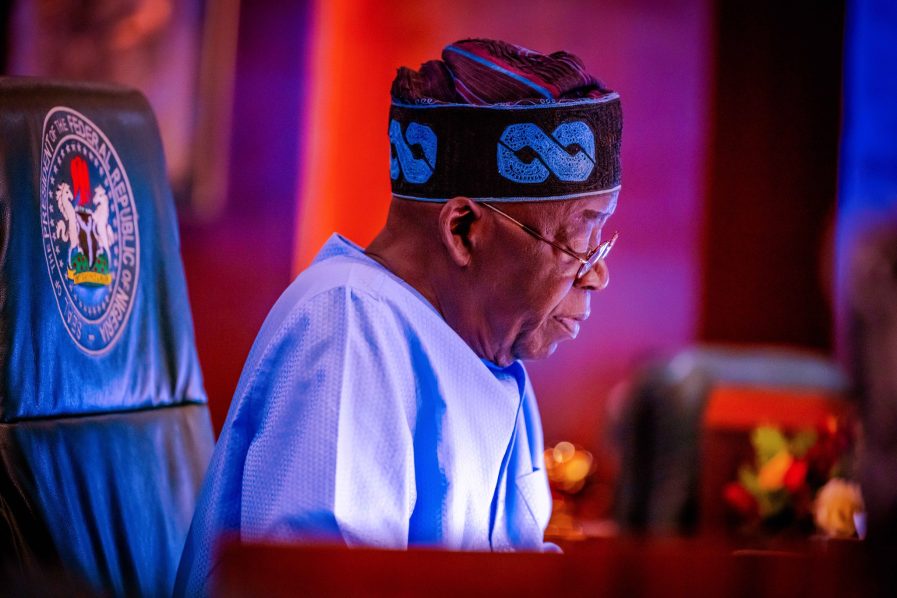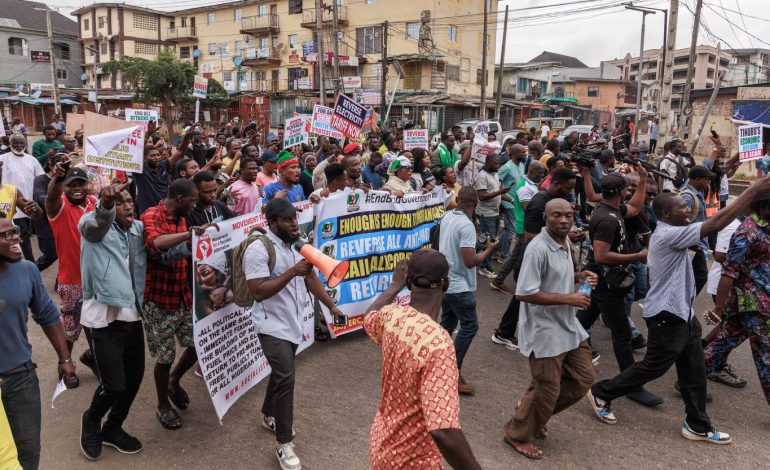
Amidst Glaring Hardship: What Does Nigeria Truly Need?
In the face of Nigeria’s current challenges, a pressing question arises: What does Nigeria truly need? As the country navigates through economic hardship, insecurity, and a leadership crisis, Nigerian youths have emerged as the Rubicon of hope, echoing an insatiable desire for good governance and a call to “take back Nigeria.” However, amidst these aspirations, another critical question lingers: Are those we believe in ready to make the ultimate sacrifice for change? Who are the leaders capable of steering the nation toward a more prosperous future?
Across the nation, various regions offer a glimpse into what leadership could look like. Some regions are showcasing transformative leadership, while others remain stuck in the old order. In the South East, for instance, the changes in Abia raise the question: Can Imo, once a beacon of hope, regain its former glory? In Edo, the dilemma of prioritizing individual competence over party allegiance comes to the fore. As Nigeria stands at a crossroads, its future depends heavily on the choices we make today.
In Imo State, a microcosm of Nigeria’s broader struggles, citizens face economic challenges, insecurity, and a widening disconnect between the government and the people. Yet, a glimmer of hope persists, rooted in the collective memory of a time when the state thrived under leaders of integrity, capacity, and a genuine commitment to public welfare. Imo once flourished under the stewardship of leaders like Achike Udenwa, the remarkable M.I. Okpara, and more recently, Emeka Ihedioha, whose brief tenure as governor left a lasting impression. These leaders exemplified governance that aligned with the people’s interests, setting a precedent for what could be achieved.
A recent Hybrid Media Cluster Engagement with His Excellency Rt. Hon. Emeka Ihedioha underscored the need for effective leadership and governance in Nigeria. In an open and forthright dialogue with journalists, Ihedioha addressed the crisis of governance in Nigeria, his future political ambitions, and the potential for effective leadership. The discussion highlighted the importance of preparation and sustained engagement with the media, particularly in light of the contentious Supreme Court ruling that prematurely ended Ihedioha’s governorship.
Many participants expressed a prevailing sentiment: Imo’s redemption is intricately tied to Ihedioha’s return to power. The conversation also emphasized the importance of involving youth in the pre-election planning phase, recognizing that younger voters are increasingly inclined to support candidates based on personality rather than party affiliation. Ihedioha’s ability to connect with these groups through statements, shared reviews, and interactions was identified as crucial for building a broader base of support.
During the engagement, Ihedioha provided a comprehensive account of his political journey, from his time in the Parliament to his tenure as Governor of Imo State. He spoke passionately about his administration’s efforts to prioritize good governance and highlighted his achievements as evidence of his capacity and pedigree. However, he clarified that this engagement was not a declaration of his candidacy but an opportunity to discuss accountability in governance and explore the steps needed to position leading candidates for the upcoming elections.
Ihedioha emphasized the importance of community-led development and the domestication of constitutional processes through community engagement, a model for a people-centric government that should be amplified. He called on the media to focus on presenting credible alternatives to the current system of governance, stressing the need for opposition forces to present strong candidates rather than allowing internal party conflicts to sideline potential leaders.
As the conversation drew to a close, Ihedioha urged the media to foster discussions about credible alternatives and to engage the public on issues that could strengthen his brand while addressing the broader challenge of effective leadership and representation. The meeting concluded with a renewed commitment to bolster independent and collaborative efforts to engage the public on pressing issues affecting the state and the nation.
As Imo State navigates its current challenges, the dialogue with Ihedioha serves as a reminder that leaders of integrity still exist, willing and able to lead with a commitment to public welfare. The question remains: Will the people of Imo seize the opportunity to return to a path of merit and progress, or will they continue on a trajectory marked by mediocrity? The coming months will reveal much about the direction Imo’s citizens choose to take.
At this critical juncture, Nigeria needs leaders who are not only willing to make sacrifices but are also committed to the principles of good governance. The youth, increasingly becoming the deciding factor in elections, must be vigilant and discerning in their choices. It is not enough to call for change; we must ensure that those in a position to effect that change are equipped, prepared, and truly aligned with the people’s aspirations. The future of Nigeria depends on it.
Ikokwu Chidozie Ikemba is an independent writer based in Abuja
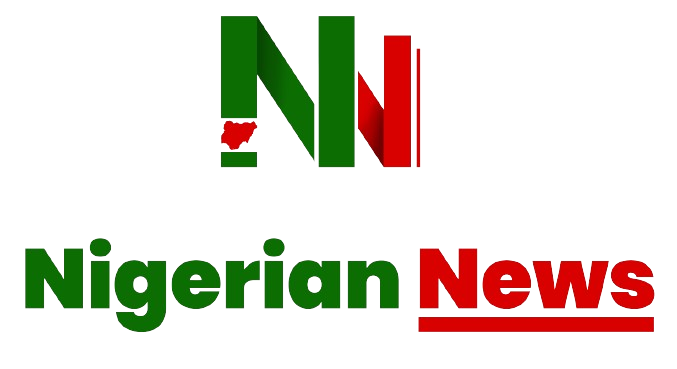
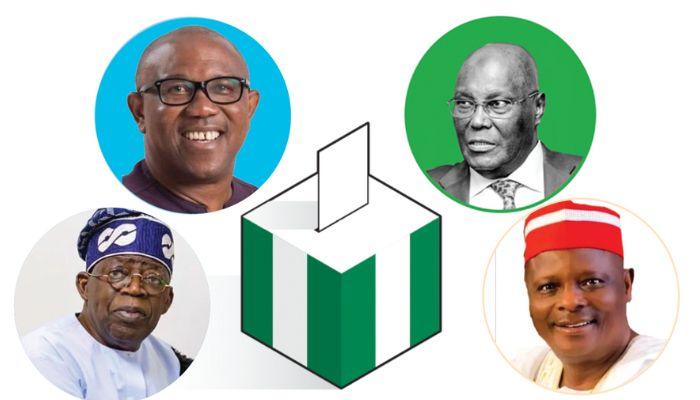
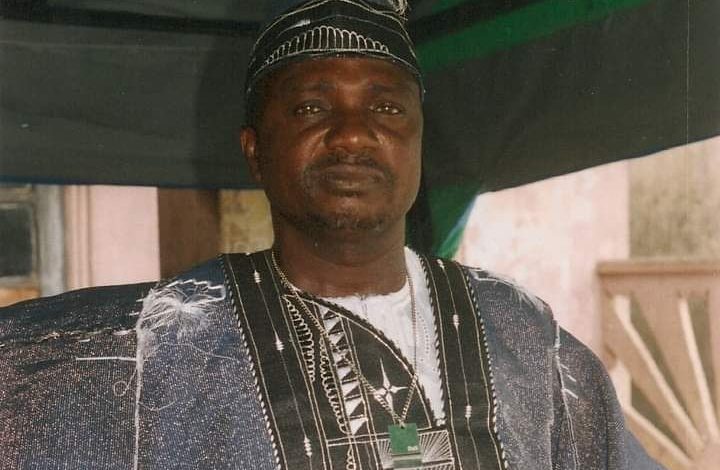
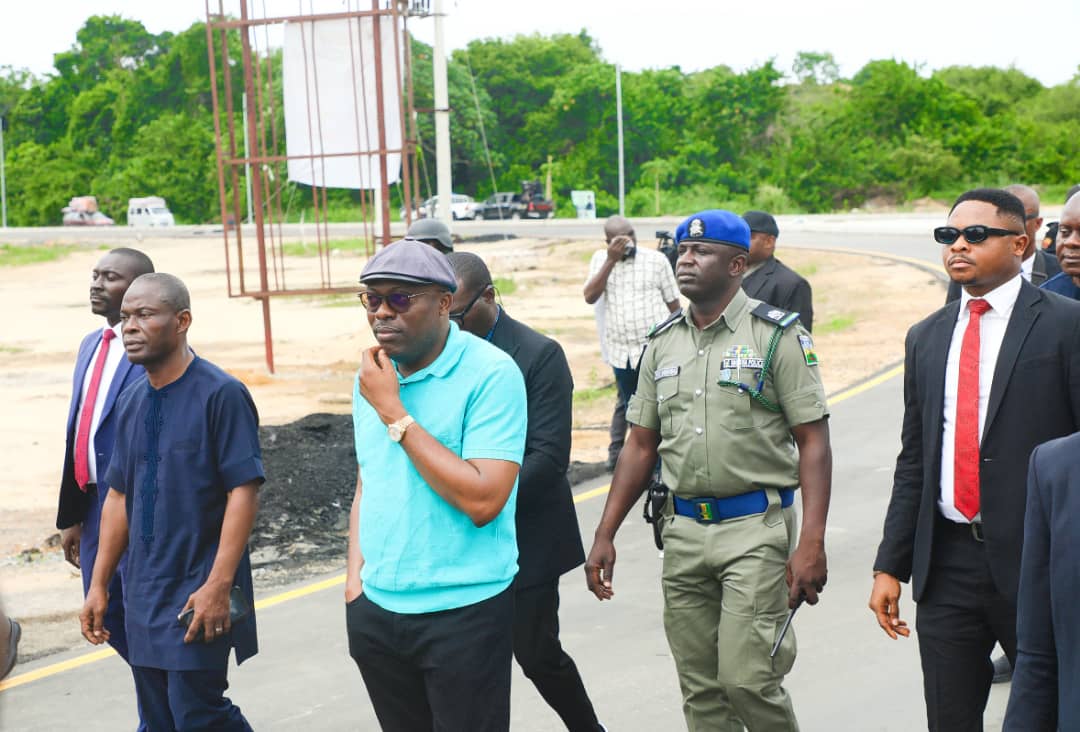
![[VIDEO] Edo LP in Turmoil as Internal Disputes Intensify](https://nigeriannews.com.ng/wp-content/uploads/2024/05/WhatsApp-Image-2024-05-11-at-10.06.00-AM.jpeg)
